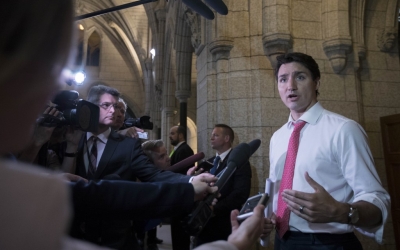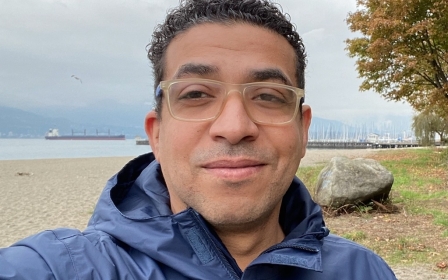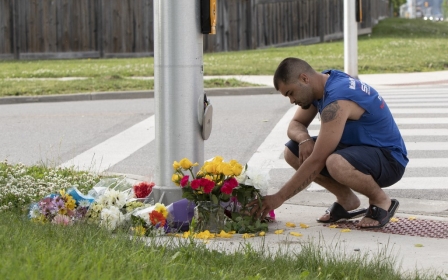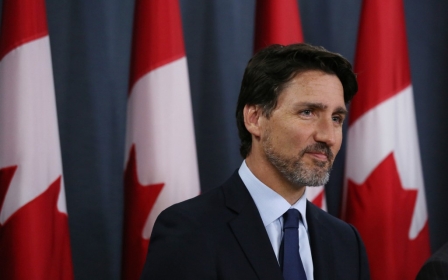Canada urged to probe military's handling of alleged Iraqi war crimes
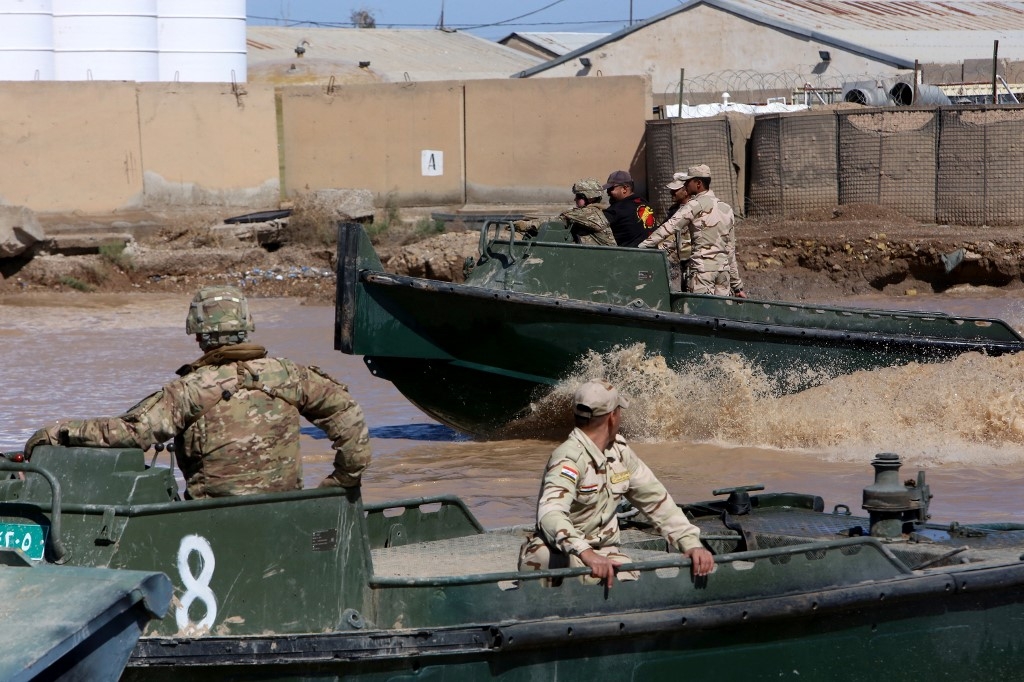
The Canadian government is being urged to launch an independent inquiry into allegations that its military failed to respond to a complaint in 2018 that Iraqi forces being trained by Canadian troops had committed war crimes.
Last month, an internal report obtained by The Canadian Press and reported on by Postmedia found that, within days of their arrival at a US-led training mission near the northern city of Mosul in September 2018, Canadian soldiers were shown videos of possible war crimes shot by Iraqi soldiers.
The videos allegedly showed Iraqi security forces raping a woman to death, along with multiple gruesome examples of the torture and execution of Islamic State (IS) group prisoners, CBC News reported.
When Canadian soldiers raised the issue with their commanders, they were told to ignore the videos and "carry on", and that the matter would be dealt with, according to the report obtained by The Canadian Press.
One of the soldiers involved said he brought up the issue with superiors on three different occasions, but that he and other members of his unit "remain uncertain whether appropriate action was effectively taken".
New MEE newsletter: Jerusalem Dispatch
Sign up to get the latest insights and analysis on Israel-Palestine, alongside Turkey Unpacked and other MEE newsletters
Randall Garrison, a member of parliament for the New Democratic Party (NDP), said on Friday that an independent investigation into the matter was required, highlighting that concerns over the vetting of Iraqi forces were a part of a pattern that dated back at least a decade.
"What I've seen over time is that rank-and-file Canadian troops and lower levels of the officer corps have brought these issues to the attention of senior leaders, and senior leaders appear to have a pattern of telling people just not to pay attention," he said.
"Why is that happening? I think there needs to be an independent inquiry. Is this the fault of certain senior leaders? Or is there something systemic here that causes us not to uphold international [law] and even our own national law?"
Last week, the Canadian military said it had ordered an internal investigation into the matter, and sources with knowledge of the case told CBC that some of the Canadian soldiers who trained Iraqi police on counter-terrorism operations were interviewed by military police investigators.
"When I heard the allegations of this, it gravely concerned me," Lt-Gen Wayne Eyre told CBC. "I've ordered an investigation into it to determine the facts."
The failure to report a possible war crime is a violation of international law, and under Canada's own criminal code, a military commander can be charged for failing "to take, as soon as practicable, all necessary and reasonable measures within their power" to report such an incident "to the competent authorities for investigation and prosecution".
In a series of interviews in 2018, the former Nato commander in Iraq, Major General Dany Fortin, insisted that the screening of Iraqi police recruits was robust and would catch possible war criminals.
"I think we have a pretty good vetting process in place to screen out those potential instructors to ensure we have quality people, that they - the Iraqi government - feel confident with," he said.
Middle East Eye delivers independent and unrivalled coverage and analysis of the Middle East, North Africa and beyond. To learn more about republishing this content and the associated fees, please fill out this form. More about MEE can be found here.


